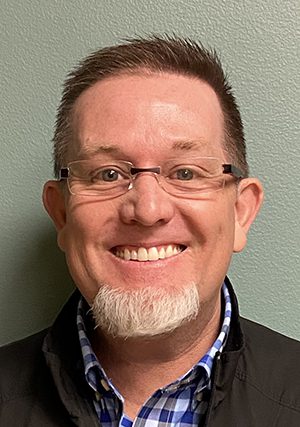You are likely to be retired much longer than you think.
For how long do you think you will live? Do you believe you’ll live into your late 70s? Are you confident you’ll follow in the path of your parents, who were alive and well into their mid to late 80s?
The average joint life expectancy (men and women together) is approximately 90 years for over 49% of the population. A full 20% of Americans live to age 95!
Depending on your unique perspective, that’s either good or bad. It’s good because many people want to live for as long as possible, provided they are in decent physical and mental health. However, a long life can be bad news when it puts you at risk of outliving your money in retirement.
Something else to consider is that these numbers are AVERAGES. More people are hitting triple digits, and you could very well be one of them. There are tons of exceptions to the rule, especially if you are the beneficiary of excellent genes, have made an effort to stay fit and healthy, and have managed stress properly.
Longevity is a possibility. This is why creating a portfolio to help you maintain your current standard of living in 30-plus years of retirement is challenging. Having less money in retirement is a concern for retirees and pre-retirees. Nearly all seniors know someone who has beaten the odds and lived longer than they planned.
Many retirees and pre-retirees had had someone in their own families who went through hardship and deprivation because they ran out of many at a time when they needed it the most.
The logical solution to not having enough money for retirement is to start earlier and save more. That’s not always easy to do, however. Many people are barely making ends meet and don’t have much discretionary money to create retirement income. You may fall into that category and worry that you don’t have any money to build a retirement account.
How do you find money to finance a retirement plan?
Developing a saving and income-planning mindset is valuable at any age.
Understandably, you might have a tight budget due to where you are in your career track. Or, you might have family, medical, or debt issues that make saving a tough proposition.
Fortunately, there are some ways you can free up cash or find the money you never knew you had to fund a retirement plan. Here are three things you can do right now to free up money for retirement.
- Debt restructuring. Look at all your debt, including student loans and consumer debt. Perhaps you can negotiate lower rates or pay the debt off more slowly.
- IRA or 401(k) Ask your financial expert and tax advisor to see if you might qualify to pull money out of your qualified plan without a penalty. If you qualify, you can use that cash to purchase investments that give you higher interest rates. This option is available under rule 72(t) for certain individuals who are younger than 59½.
- Live a simpler lifestyle. Making your car, major appliances, and other big-ticket items last longer can add up to thousands of dollars you can use to fund your post-career life.
No matter your current financial situation, you can and should set aside money for a time when you will no longer get a paycheck. Starting early and being consistent, along with small lifestyle changes, will help you avoid common mistakes and achieve a better retirement lifestyle.
Brad Pistole, a native Missourian, is a member of Syndicated Columnists, a national organization committed to a fully transparent approach to money management. Syndicated Columnists is the sole provider of this material, both written and conceptual, for this column. All rights reserved.
Trinity Insurance & Financial Services Inc. 5511 N. Farmer Branch Rd., Suite 101, Ozark, MO 65721. 417-581-9222 Brad Pistole (retirevillage.com)
















